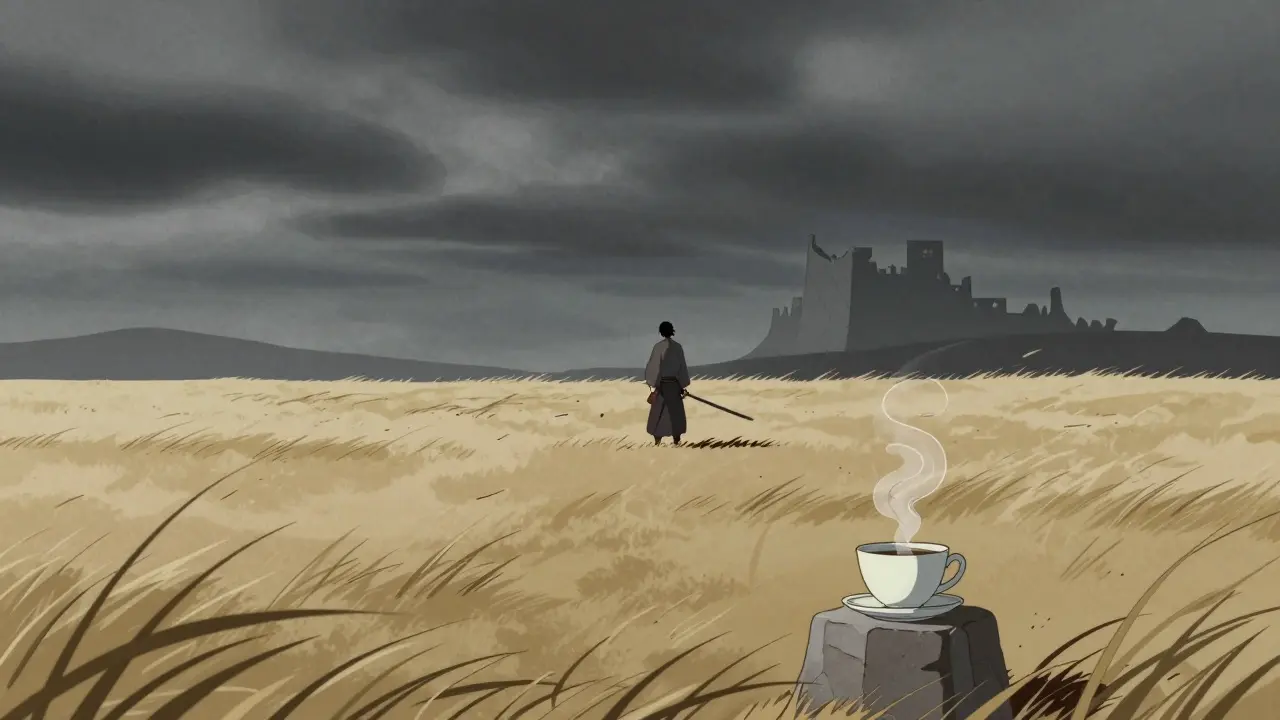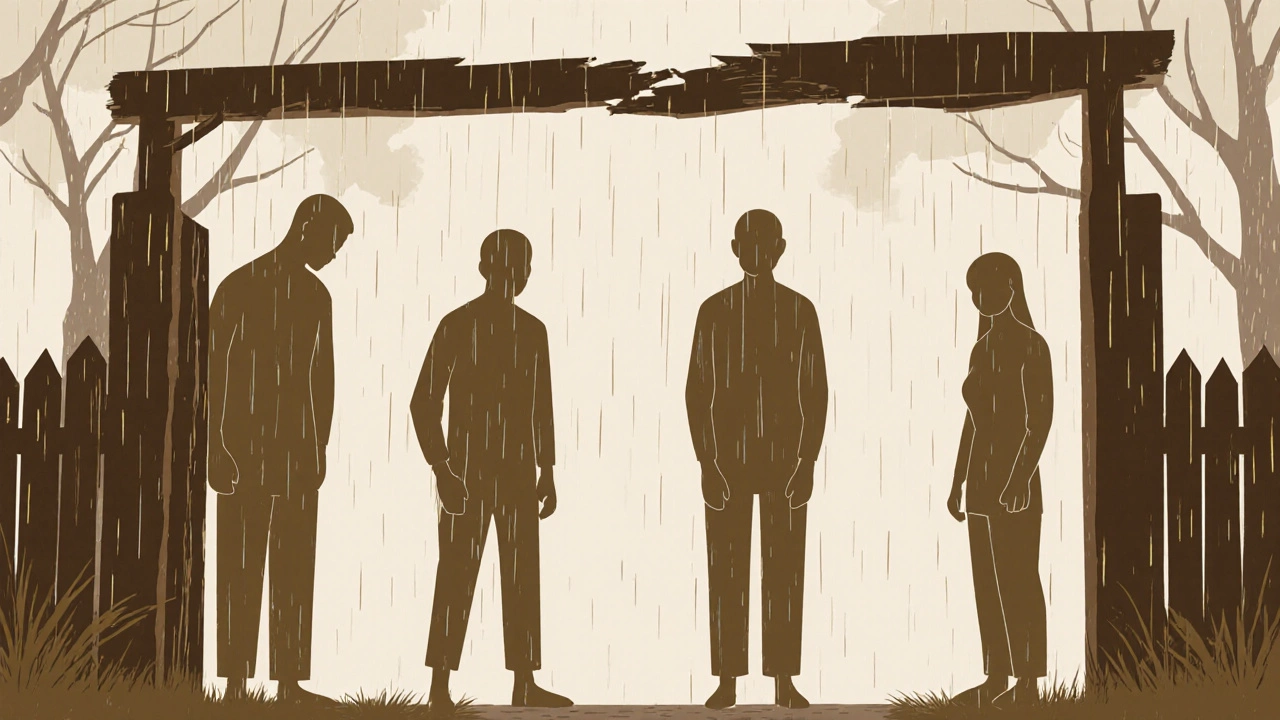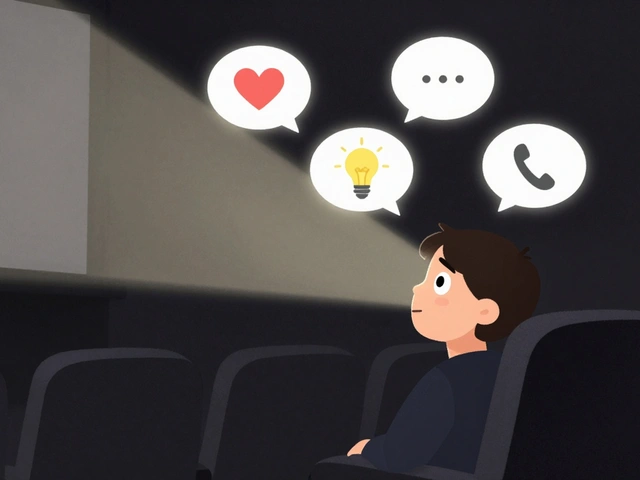Kurosawa: The Master of Cinema and His Lasting Impact on Film
When you think of Akira Kurosawa, a Japanese filmmaker whose work redefined global cinema through powerful storytelling and revolutionary visual style. Also known as the father of modern Japanese film, he didn’t just make movies—he built worlds that still echo in every epic chase, every close-up of a sweating warrior, and every silent moment before the sword swings. His films weren’t just entertainment; they were emotional engines that drove audiences to feel something real—fear, hope, guilt, honor.
Kurosawa’s influence stretches far beyond Japan. Directors like George Lucas, Martin Scorsese, and Clint Eastwood didn’t just admire him—they borrowed from him. The hero’s journey in Star Wars? Rooted in Kurosawa’s The Hidden Fortress. The gritty moral ambiguity of The Good, the Bad and the Ugly? It owes its soul to Yojimbo. Even today’s action films use his signature editing: quick cuts, sudden silence, and camera movements that feel like they’re chasing the truth. He didn’t need CGI. He used sunlight, rain, and the way a man’s hand trembled before drawing a blade to tell you everything you needed to know.
His films also changed how we think about structure. Kurosawa didn’t follow Hollywood formulas. He layered stories with multiple perspectives, used weather as mood, and gave even minor characters weight. In Rashomon, he showed that truth isn’t fixed—it’s shaped by who’s telling it. That idea didn’t just shake up cinema; it changed how we understand memory, justice, and human nature. And his collaboration with actor Toshiro Mifune? Pure magic. Their chemistry turned a samurai into a legend.
You won’t find Kurosawa in every post here, but you’ll see his shadow. The way 8½ explores creative struggle? That’s Kurosawa’s ghost whispering to Fellini. The raw intensity in horror festivals? It’s his influence on tension-building. The way modern editors cut for rhythm and emotion? That’s his legacy in every frame. This collection doesn’t just list films—it traces a line from his black-and-white frames to today’s streaming hits, editing tools, and fan-driven cinema events. Whether you’re editing a TikTok or analyzing a blockbuster, Kurosawa’s lessons are still alive. You just have to know where to look.
4
Kurosawa vs. Ozu: Comparing Two Pillars of Japanese Cinema
Kurosawa and Ozu shaped Japanese cinema in opposite ways-one through dynamic action, the other through quiet stillness. Their films reveal two sides of human experience: struggle and surrender.
6
Rashomon and the Unreliable Narrator: How Kurosawa Changed Cinema with Truth That Doesn't Add Up
Akira Kurosawa's Rashomon shattered cinematic norms by showing that truth isn't absolute - it's shaped by memory, pride, and fear. Four conflicting accounts of one crime reveal how humans rewrite reality to protect themselves.
Latest Posts
Popular Posts
-
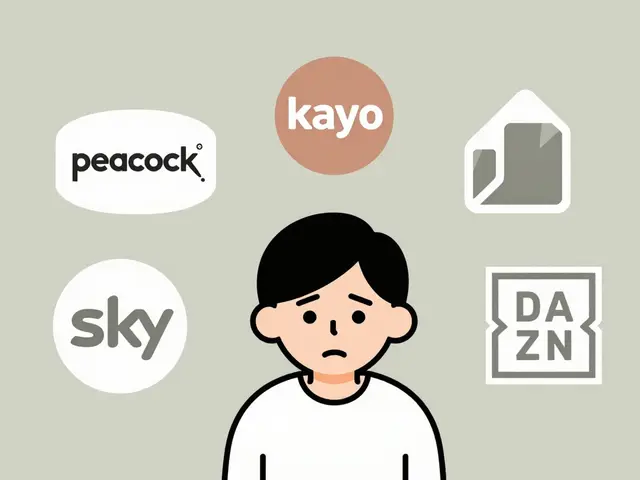 MotoGP and IndyCar Streaming Options in 2026: Where to Watch Live Races
MotoGP and IndyCar Streaming Options in 2026: Where to Watch Live Races
-
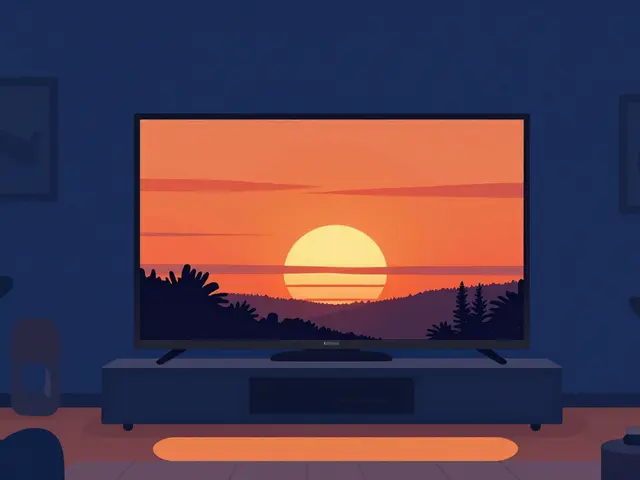 Which Streaming Service Has the Most 4K and HDR Titles in 2026?
Which Streaming Service Has the Most 4K and HDR Titles in 2026?
-
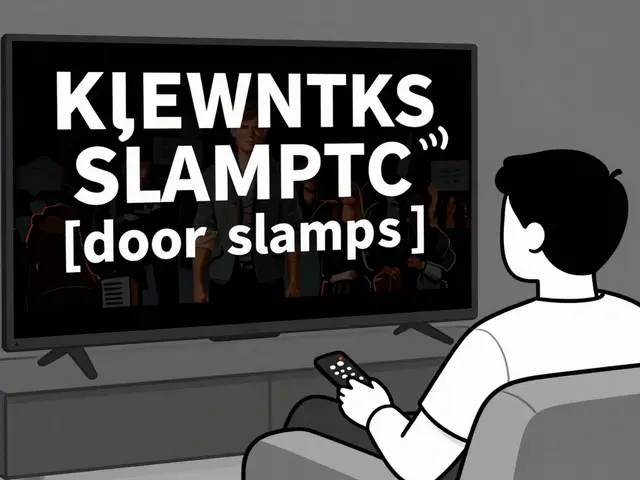 Accessibility Settings for Streaming: Captions, Audio Descriptions, and Remotes
Accessibility Settings for Streaming: Captions, Audio Descriptions, and Remotes
-
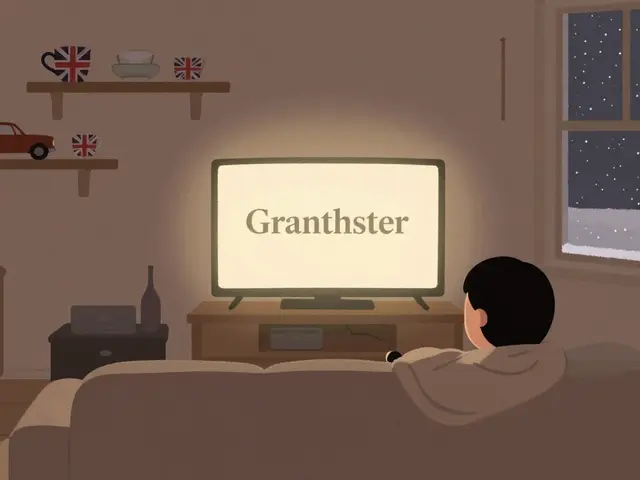 Acorn TV: Where to Watch International TV Shows Online
Acorn TV: Where to Watch International TV Shows Online
-
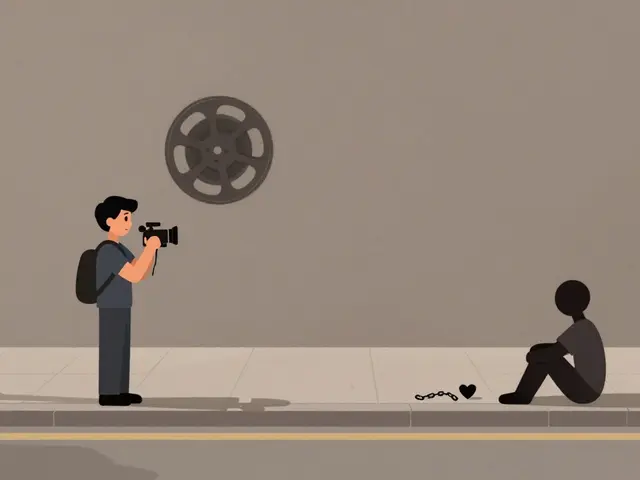 Ethics of Subject Relationships in Documentary Filmmaking: Power, Consent, and Follow-Up
Ethics of Subject Relationships in Documentary Filmmaking: Power, Consent, and Follow-Up
Categories
Tags
- streaming services
- video editing
- video production
- parental controls
- Max streaming
- video editing software
- marketing mix
- subscription management
- streaming apps
- video editing tips
- tips
- ROI
- video marketing
- video editing tools
- marketing strategy
- Premiere Pro
- family viewing
- classic cinema
- Kurosawa
- streaming setup
